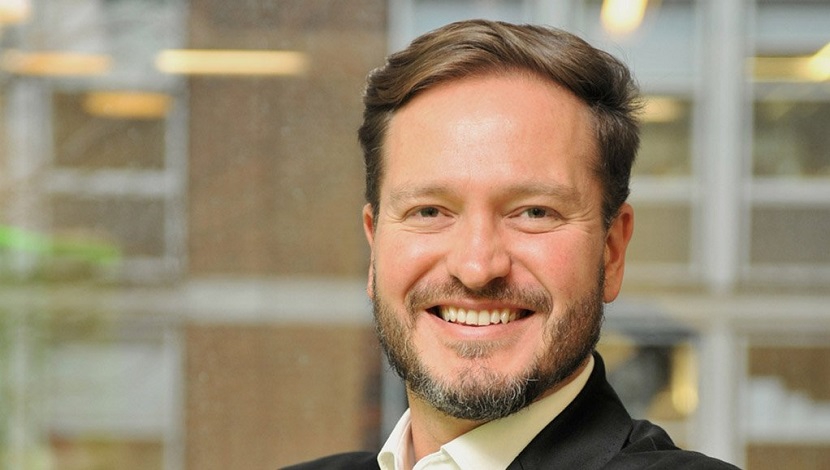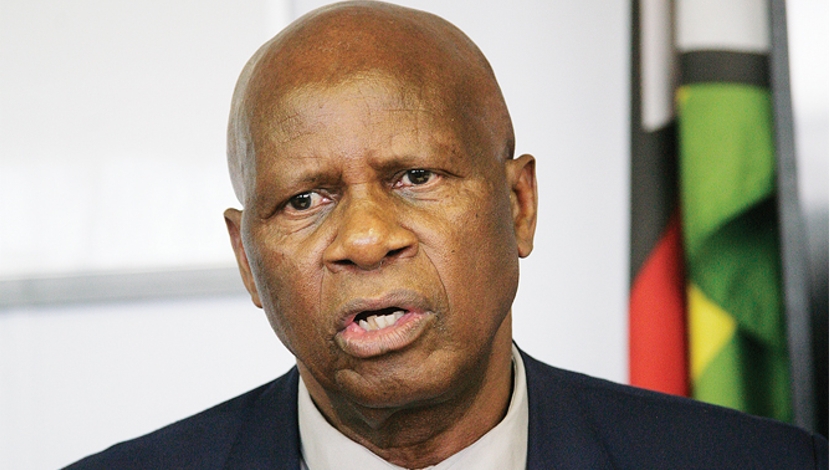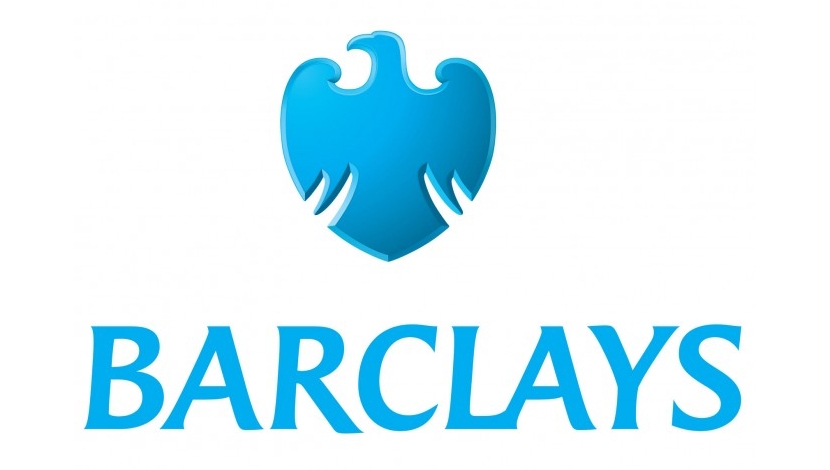

Multidisciplinary engineering consultancy Arup held the first in a series of workshops on African cities at their Johannesburg offices last week. The workshop presented recently completed research by the Cities group at Arup that focuses on the unique challenges facing African cities and aims to spark solutions-focused conversations around place making.
Participants included local government departments, research institutions, developers, funders and built-environment practitioners.
A lack of reliable data and long-term analysis of urban issues specific to the continent have led to largely experimental practice in the design and conceptualisation of African cities, with unpredictable and serious consequences for affected communities, says Arup.
Driving urban development in African cities are projections that include Africa becoming the world’s largest labour force, while consumer spending is expected to increase to $2.2-trillion by 2030. Further, major African cities, currently contributing about $700-billion to GDP, are expected to more than double these contributions to $1.7-trillion by 2030.
The research highlights a selection of case studies from around the developing world that address three common challenges – inadequate housing, lack of access to safe water and poor transportinfrastructure – faced by five rapidly expanding cities in Africa – Johannesburg, in South Africa; Nairobi, in Kenya; Addis Ababa, in Ethiopia; Accra, in Ghana; and Dar es Salaam, in Tanzania.





